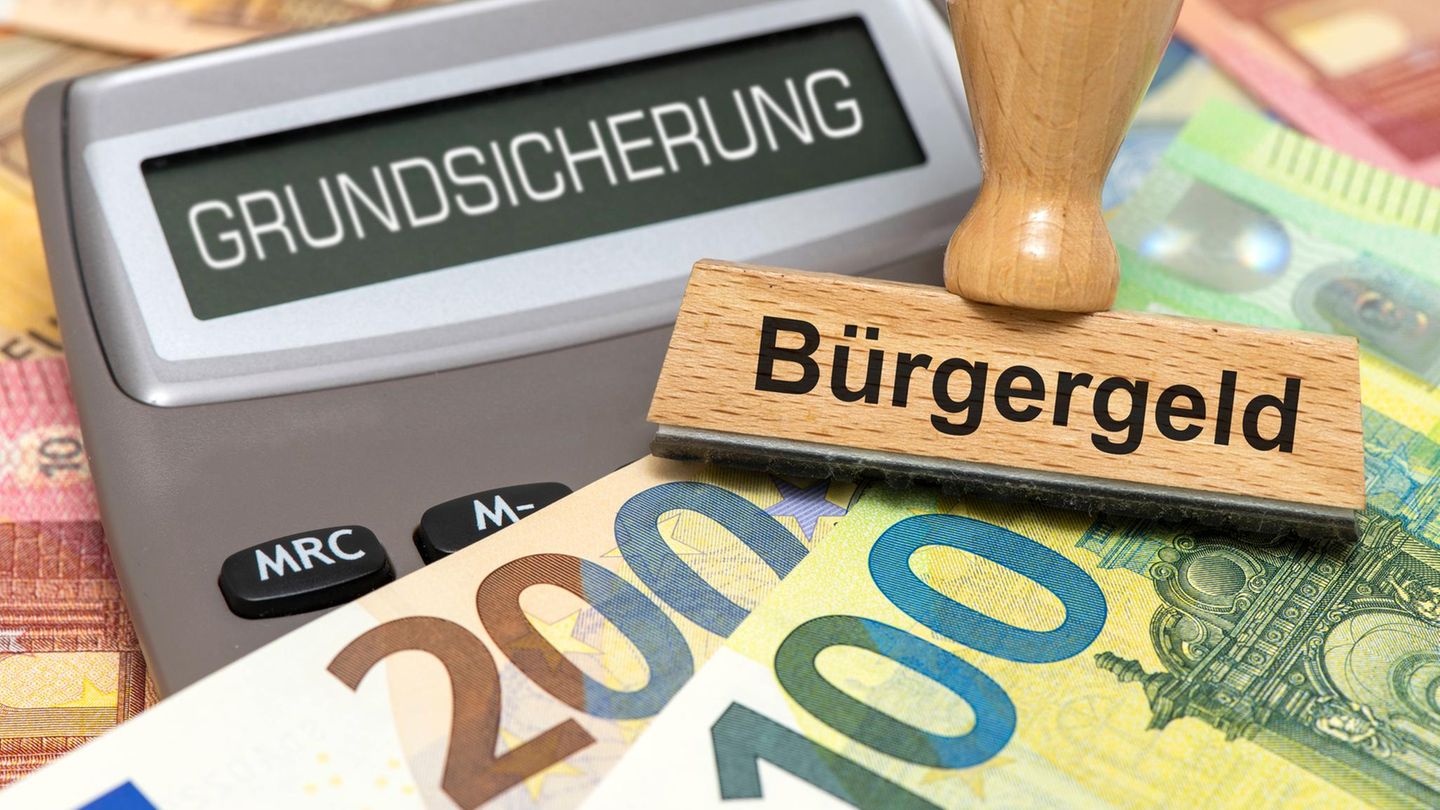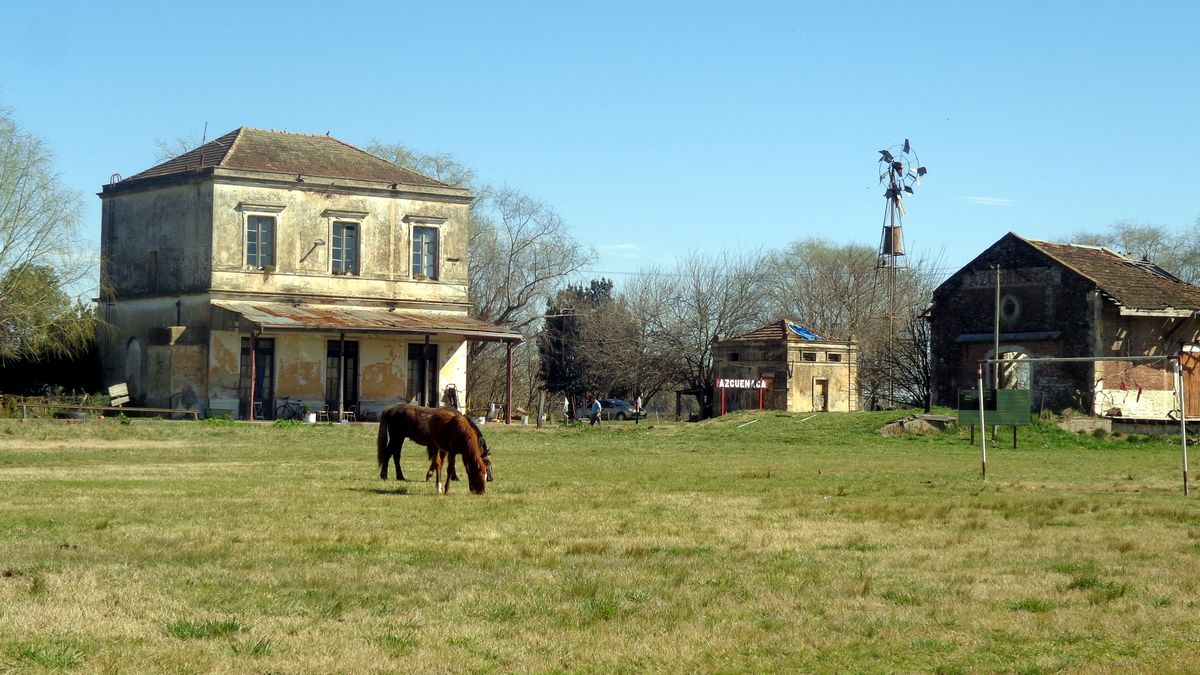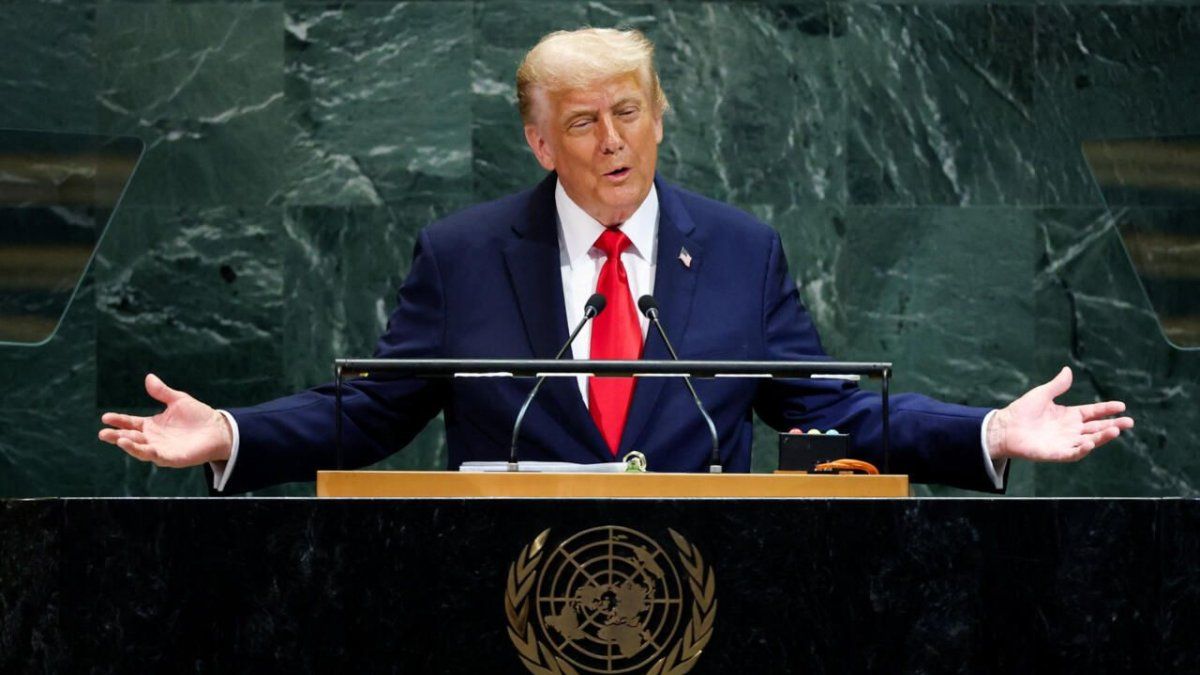Coalition united
“Citizens’ money is history” – that’s what the new basic security means
Copy the current link
Add to watchlist
The Union and the SPD want to close justice gaps in citizens’ money. Negotiations took place behind the scenes for a long time. Now the rules are to be drastically tightened.
In the “autumn of reforms” announced by the black-red coalition, key projects were blocked for a long time. Now the leaders of the CDU, CSU and SPD have reached an agreement in important areas. What the coalition committee decided:
Citizens’ money reform with stricter sanctions
In the coalition agreement, the Union and the SPD agreed to replace citizens’ money with a “new basic security”. The government parties have now also been able to reach an agreement on the issue of sanctions for so-called total refusers who do not cooperate with the job center when looking for work.
According to the coalition decision, anyone who misses an appointment at the job center for the second time will have their benefits reduced by 30 percent in the future. “If a third appointment remains unused, the cash benefits will be stopped completely,” it says. If the person concerned does not show up in the following month, their accommodation payments will also be canceled completely.
In the case of other breaches of duty, such as canceling an integration measure, the benefits are reduced by 30 percent for the first breach. If you are refused to take up work, according to the coalition decision, “the cash benefits will be canceled”. The cost of accommodation would then only be paid directly to the landlord by the job center.
It was also agreed that there would no longer be a waiting period when higher assets would be counted towards benefits. So far it has been twelve months. The amount of assets that will be spared should from now on be “linked to the life performance of the person concerned”. “Age and previous unemployment insurance contribution periods” are given as clues. So far, the protective assets are generally 40,000 euros plus 15,000 euros for each additional person in the household.
Active pensions remain completely tax-free
The active pension provides that dependent employees can earn up to 2,000 euros tax-free after retirement age. As requested by the Union, this amount is now also exempt from the so-called progression reservation. This would otherwise have led to the tax-free additional income increasing the tax burden because the tax rate applied increases due to the higher total income.
However, employees and employers would also have to pay contributions to health and nursing care insurance for active pensions, and the employer would also have to pay contributions to pension and unemployment insurance. The active pension is to be decided by the cabinet next week and will come into force on January 1, 2026.
Key points for the early start pension are to be decided this year. Children and young people should use them to build up a funded retirement savings account. According to current plans, children between the ages of six and 18 will receive ten euros per month from the state. The early start pension is scheduled to come into force retroactively to January 1, 2026.
Additional billions for road construction
An additional three billion euros will be made available for road construction. This is done by reallocating funds from the special fund for infrastructure and climate protection, which were actually intended for projects in the field of microelectronics.
In mid-September, Transport Minister Patrick Schnieder (CDU) called for an additional 15 billion euros for the expansion and construction of new roads. At that time, his ministry warned against stopping projects that were already ready for construction, causing a stir in states and municipalities. However, an audit now revealed a significantly smaller financial gap.
Promoting climate-neutral mobility
A further three billion euros will be made available for a support program for people with low and medium incomes to enable those affected to switch to emission-free vehicles. The money will come from the Climate and Transformation Fund (KTF) and the EU Climate Social Fund. The program is scheduled to run until 2029.
AFP · DPA · n-tv
mth
Source: Stern
I have been working in the news industry for over 6 years, first as a reporter and now as an editor. I have covered politics extensively, and my work has appeared in major newspapers and online news outlets around the world. In addition to my writing, I also contribute regularly to 24 Hours World.





